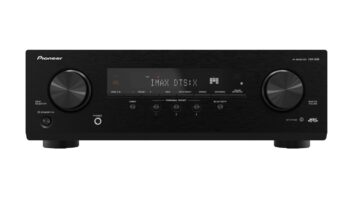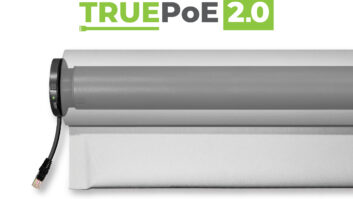New York —A preliminary tally of worldwide PC shipments for 2005 by research firm Gartner has the economic region of Europe, the Middle East and Africa (EMEA) surpassing the United States in computer shipments for the first time.
According to the company’s data, 72.6 million units shipped to the EMEA, a 17.1 percent increase over 2004, compared with 67.1 million in the United States during 2005. Overall worldwide shipments increased 15.3 percent during the year with 218 .5 million units leaving factories.
“The consumer market did well in the region, especially in the mobile PC market where significant promotions in all countries led to exceptional demand,” said Ranjit Atwal, senior analyst for Gartner’s Computing Platform group in EMEA.
Gartner’s Preliminary Worldwide PC Unit Shipment Estimates for 2005 (Thousands of Units)
Note: Data includes desk-based PCs, mobile PCs and X86 servers.
Source: Gartner Dataquest (January 2006)
Dell remained the world’s top vendor, shipping 36.8 million units to give the company a 16.8 percent market share. The Taiwanese firm Acer showed the greatest improvement, boosting shipments 58 percent year over year to 10.1 million.
Preliminary shipment numbers from research firm IDC indicated a worldwide increase of 16.4 percent on shipments of 208.6 million units.
IDC also issued its fourth quarter and 2005 annual shipment numbers for the U.S. PCs posted double-digit gains for the year, growing 10 percent from 2004 on shipments of 64.1 million. Dell, Hewlett-Packard, Lenovo, Acer and Fujitsu/Siemens were the top shippers.
For the fourth quarter, U.S. shipments were 17.4 million with Dell, Hewlett-Packard and Gateway leading the way. Apple did not make the quarterly top five list. IDC analysts cited slow sales, possibly due to Apple’s announcement that it was switching to Intel manufactured processors.
Loren Loverde, IDC Worldwide Quarterly PC Tracker’s director, said most regions came in ahead of expectations.
“Although growth has declined slightly from the second and third quarters the market’s resilience in the face of rising interest rates, high fuel prices, a weaker euro and other potential inhibitors puts the market in a great position for 2006,” he said.












